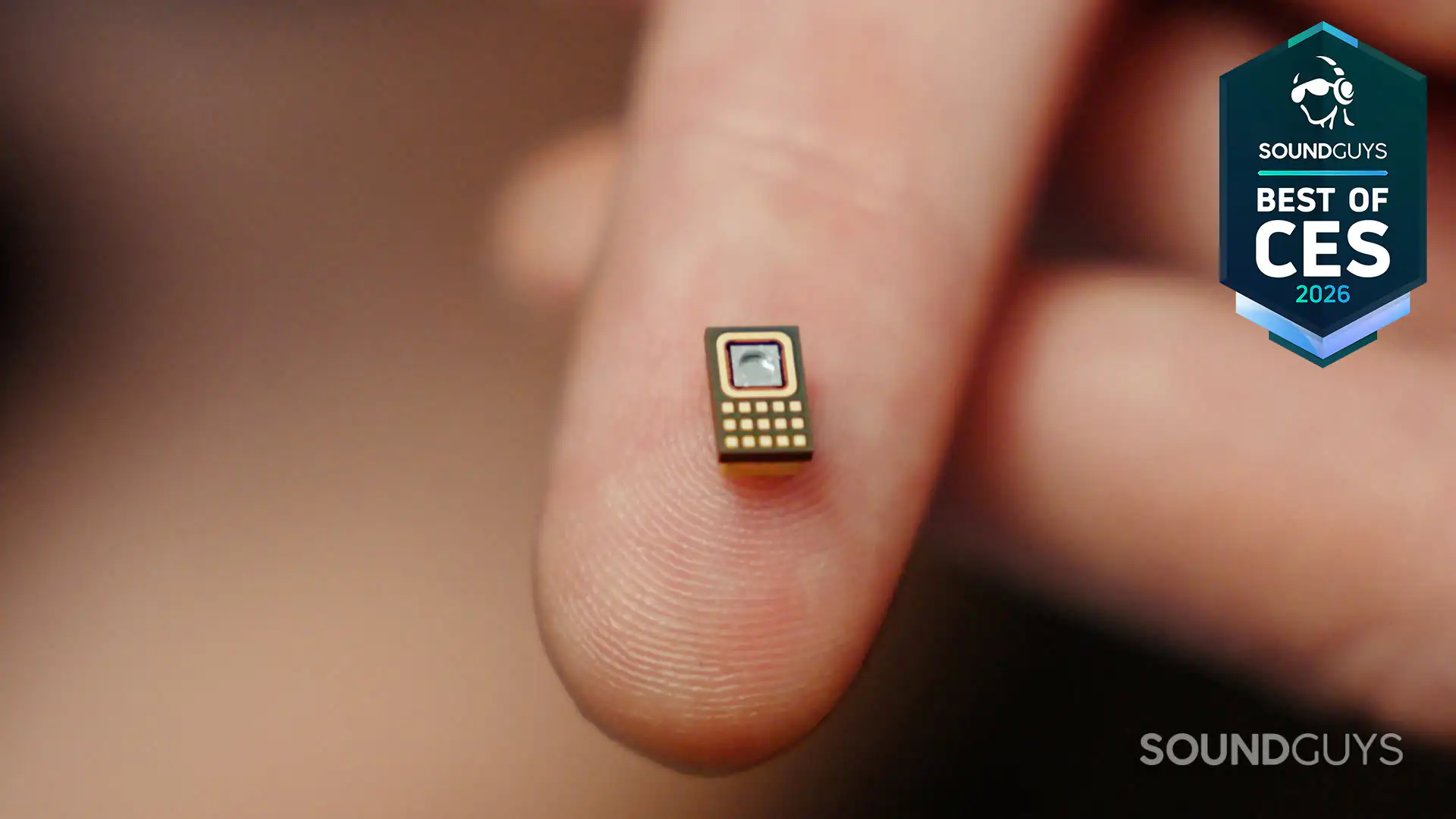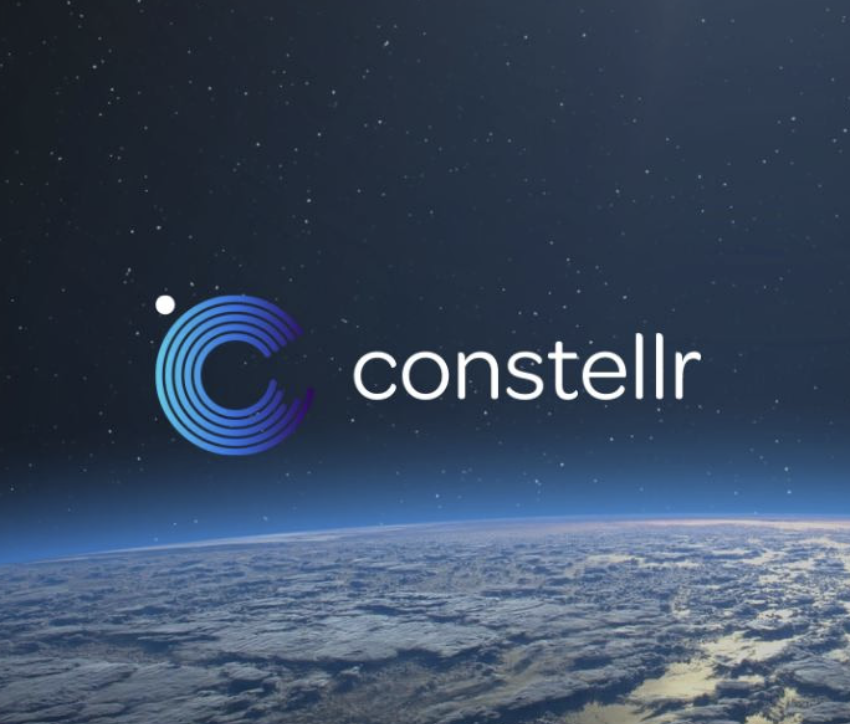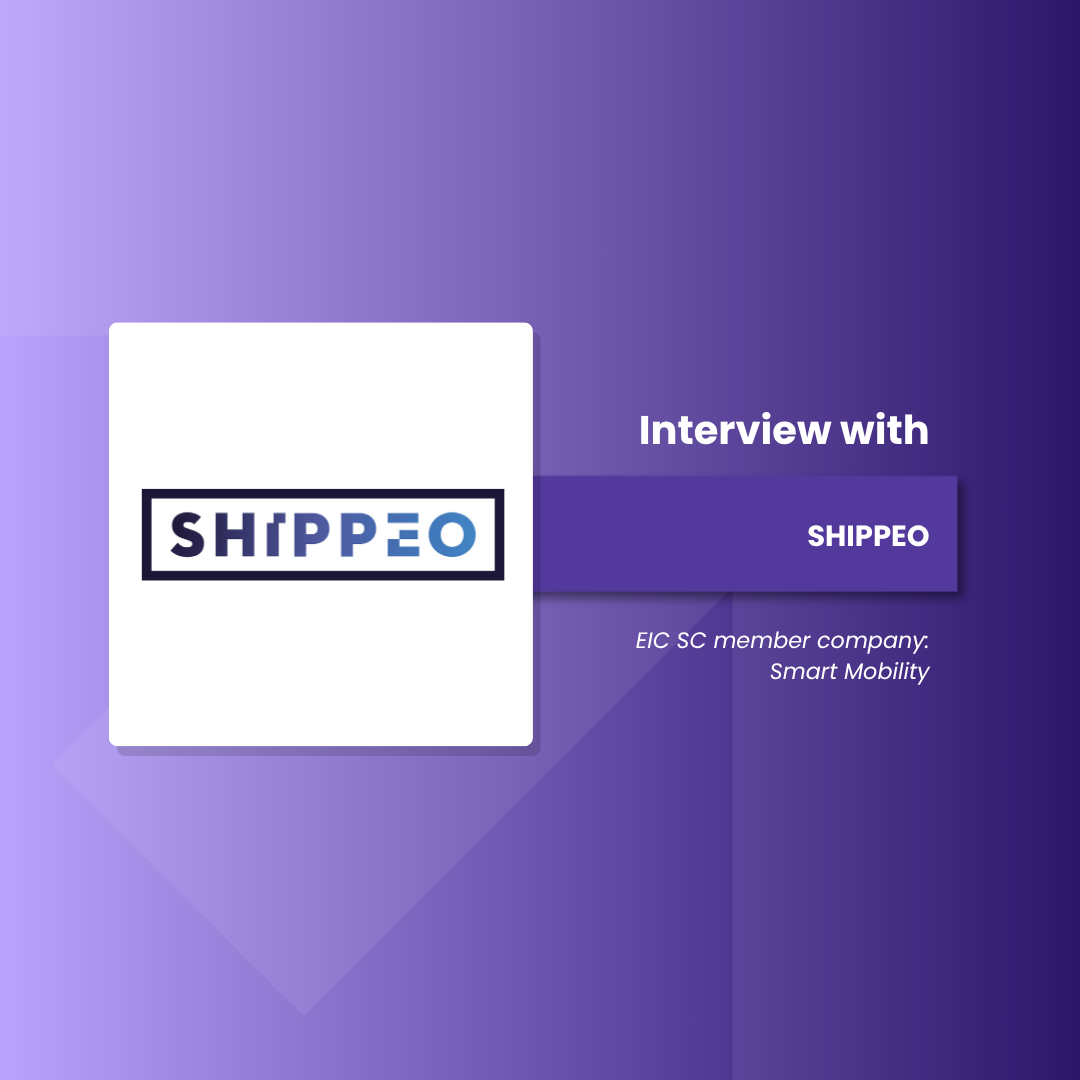17 Feb 2026
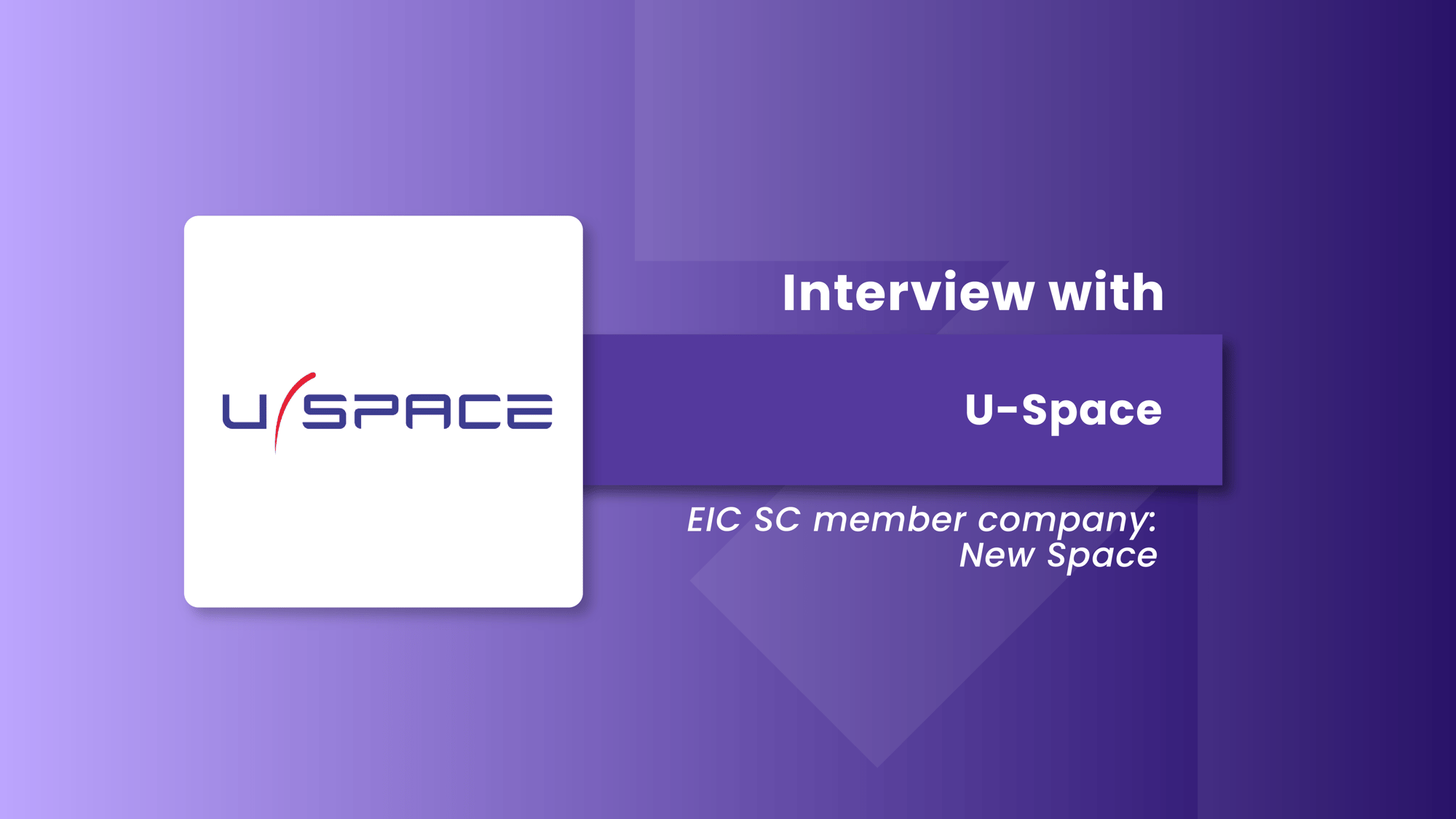
U-Space is a French scale-up that designs and builds nanosatellites for constellation operators, making space more accessible. Their advanced space products and dedicated team empower those who seek to improve life on Earth and explore the unknown.
To learn more about this intriguing EIC Scaling Club New Space group member and their innovations, we spoke with the company’s CEO, Fabien Apper. Read on and get to know U-Space!
Addressing the LEO constellation challenge
Fabien starts by painting an industry picture: the burgeoning demand for Low Earth Orbit (LEO) satellite constellations, driven by the promise of new services and applications, presents a significant challenge for operators seeking to transition from initial demonstrators to full-scale deployment. While precursor missions have successfully showcased technological capabilities, bridging the gap to mass production and operational constellations of dozens or hundreds of satellites remains difficult due to substantial capital expenditure.
This necessitates the use of high-quality, highly operational small satellites with extended lifespans. Recognizing this critical need, U-Space has strategically positioned itself to provide constellation operators with reliable, high-performance small satellites, explicitly focusing on platforms up to 150 kilograms, including 12U platforms and small microsatellite platforms.
From CNES spin-off to space innovator
The secret sauce of U-Space is found in combining new space agility with historical space quality. U-Space is based in Toulouse, where it has an office and a factory – a 1000 m² clean room, in which the team will deploy assembly lines to ramp up the production of satellites.
Taking a step back into the company’s history, Fabien tells us that U-Space is a spin-off from a project done at CNES, the French national space agency. “It was a 3U CubeSat project, and we learned how to design and develop satellites. But we did it in a new way – using CubeSat components paired with more agility in the development process,” Fabien explains the origins of U-Space.
"Our unique approach marries agility with high quality, enabling us to provide the market with competitive, long-lasting satellite solutions.”
The company has two co-founders – our interviewee, Fabien, and Antoine Ressouche, who currently serves as the General Manager of the scale-up. Fabien graduated from ISAE-SUPAERO in Toulouse, a world leader in aerospace engineering higher education, while Antoine holds an Engineering degree from École Nationale de l'Aviation Civile. The co-founders met at CNES, where they collaborated on the project, and subsequently decided to form a company.
Today, the company takes pride in a team of 80 professionals, including a full executive board with VPs for industrial, commercial, quality, and finance departments. The U-Space team is further strengthened by both internal employees and external advisors who bring significant experience in industrializing satellite production. Notably, the scale-up’s advisory team includes retirees from Airbus DS providing consultancy, and several team members have direct experience with OneWeb.
U-Space’s strategic trajectory
Asked to share U-Space's biggest challenges, Fabien says that the team has had to handle rapid growth. "In 2023 and 2024, we doubled our number of employees," he explains. "At the beginning of 2023, we were about 20 people in the company – a very small team, everybody knew each other, a minimal amount of processes and hierarchy. And now we are 80 people, so it's not the same thing. We had to add structure to the company."
Fabien continues by saying that with a company structure established, U-Space is ready to ramp up production. “We have the objective to reach the production capacity of one satellite per week by the end of 2027, and we have the ambition to develop our business broadly, going international and focusing on export,” Fabien outlines the roadmap the company aims to follow in the coming years, focusing on being prepared to supply customers.
Regarding other challenges that space industry innovators commonly face, Fabien highlights the need for more support to drive the growth of the space sector, particularly with the increasing number of satellites and constellations. “We also need to have regulations to make sure that the use of space is sustainable,” he adds.
While the U-Space team is committed to its future ambitions, it has already achieved many truly inspiring milestones. Fabien shares that the scale-up recently launched two satellites on Transporter 13, a dedicated rideshare mission launched by SpaceX in March 2025. Both satellites are 12U CubeSats, and U-Space is also operating the two satellites on behalf of their customers for the first time.
Fabien adds that one of the satellites is on a mission to observe other objects in space, gather trajectory data, and ultimately reduce uncertainties in collision avoidance.
“As participants in the space industry, we must prioritize placing objects in space to meet demand and provide value to people on Earth. While space is vast, we still need to establish rules that foster international and inter-company cooperation for the sustainable use of space."
So far, U-Space has launched four satellites, with six more scheduled for production this year and next. Their first micro-satellite is expected to launch in early 2026 on Transporter-16.
Looking forward, the company is committed to its roadmap of international expansion, having already secured its first contract with a foreign entity, the German Space Agency, as it continues to develop its commercial activities abroad.
How EIC Scaling Club is paving the way
For U-Space, being part of the EIC Scaling Club has been about international visibility and reach since day one. Having solidified strong customer references and matured its products within France, the company felt ready to offer its solutions to a broader global clientele. Hence, the team saw the Club as instrumental in increasing U-Space's market presence.
The scale-up already sees benefits from the access to mentorship and advisors, as well as a broad network of necessary contacts. Fabien explains:
“We're now tapping into a new and valuable network, facilitating connections with potential customers and partners.”
Asked to share some advice with other companies and innovators, Fabien points out that many companies tend to rely solely on their existing network, which can lead to missed opportunities. Thus, expanding the network through initiatives such as the EIC Scaling Club is an opportunity that one definitely should take advantage of.
As for what's next for U-Space, the scale-up is ready to ramp up production significantly: “We’ve grown as a company, and now we’re ready for the big contracts and for producing a big volume of satellites.”
“After intense development, we've successfully launched satellites that are already delivering strong performance in space. This means we're ready for our next phase.”
About the EIC Scaling Club
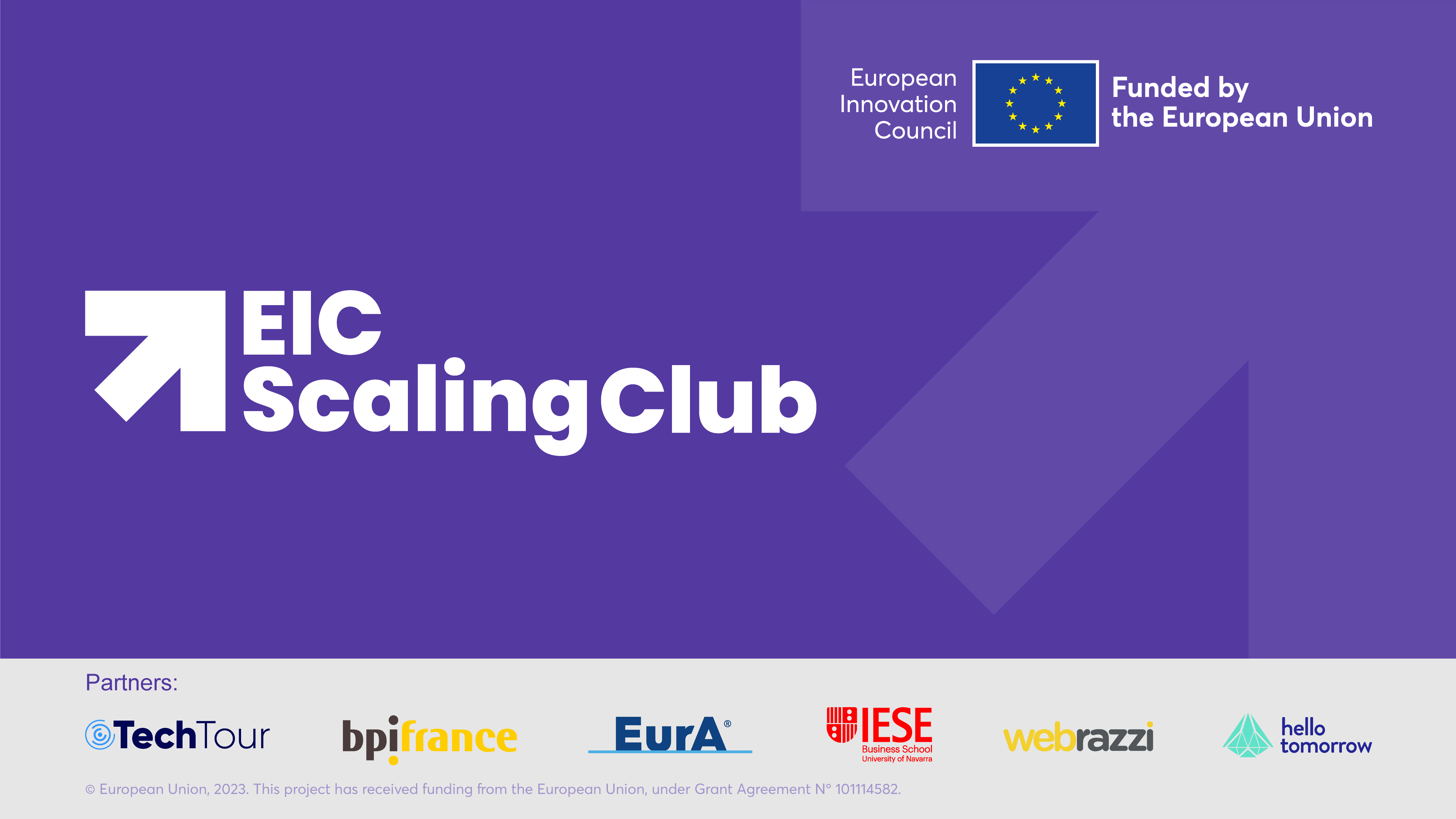
The EIC Scaling Club is a curated community where 120+ European deep tech scale-ups with the potential to build world-class businesses and solve major global challenges come together with investors, corporate innovators and other industry stakeholders to spur growth.
The top 120+ European deep tech companies will be carefully selected from a pool of high-growth scale-ups that have benefitted from EIC financial schemes, other European and national innovation programmes, and beyond.
The EIC Scaling Club is an EIC-funded initiative run in partnership by Tech Tour, Bpifrance (EuroQuity), Hello Tomorrow, Tech.eu (Webrazzi), EurA and IESE Business School.
Subscribe to our newsletter here to stay up-to-date!
Related Articles
Recent Articles
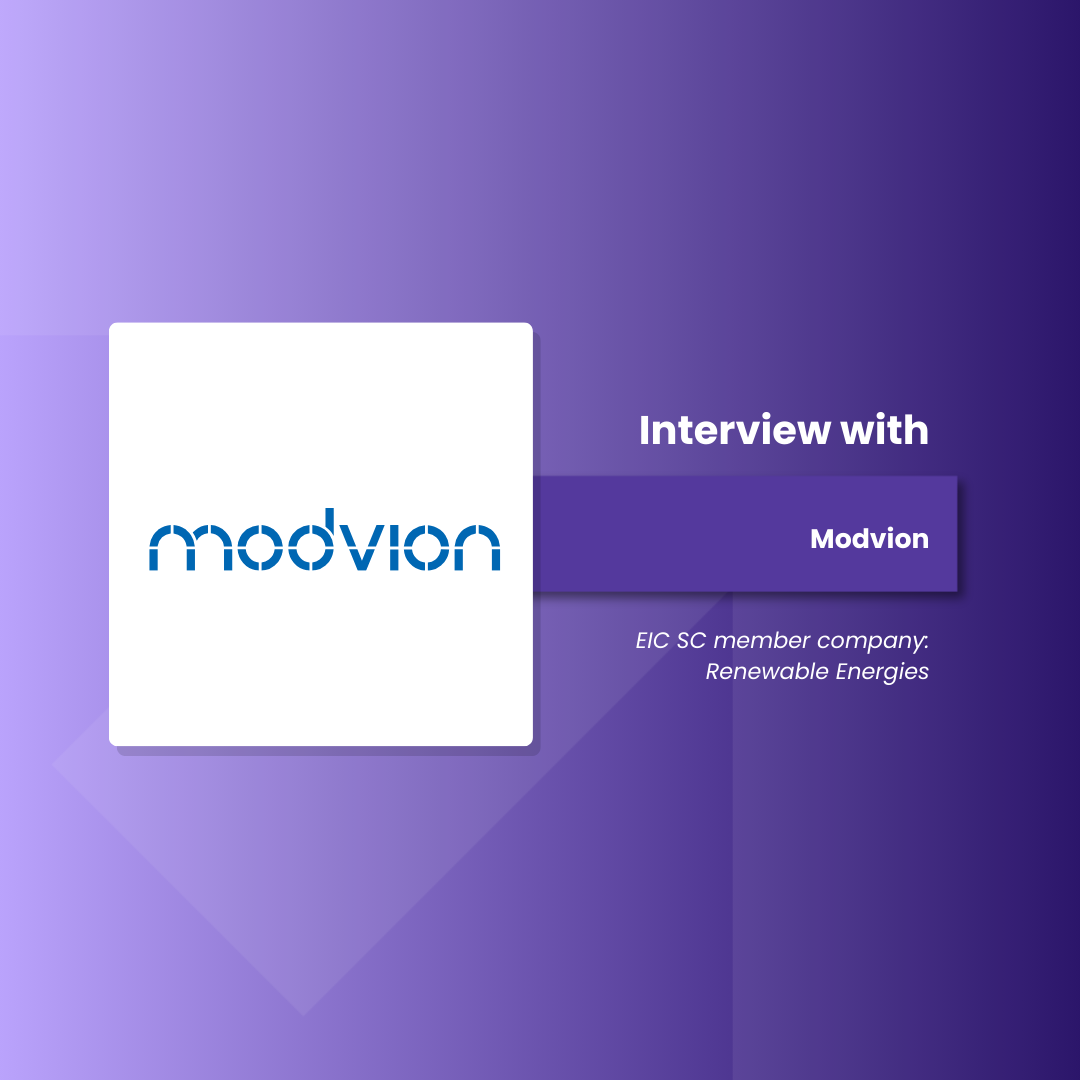
Modvion: Reaching new heights with wooden wind towers
2 Feb 2026

